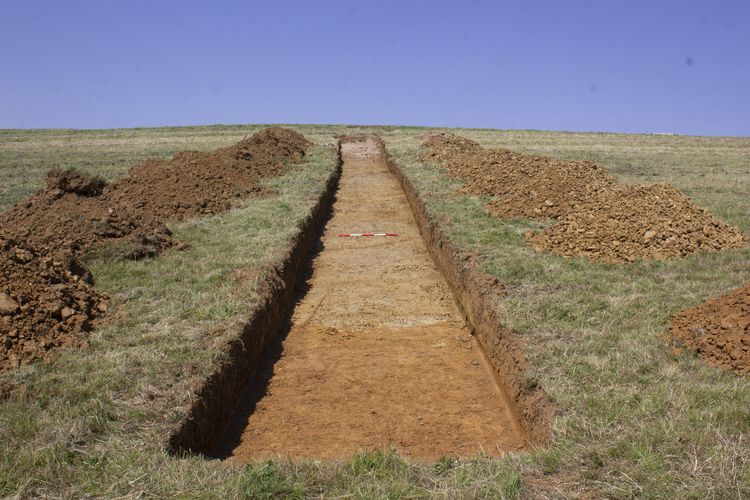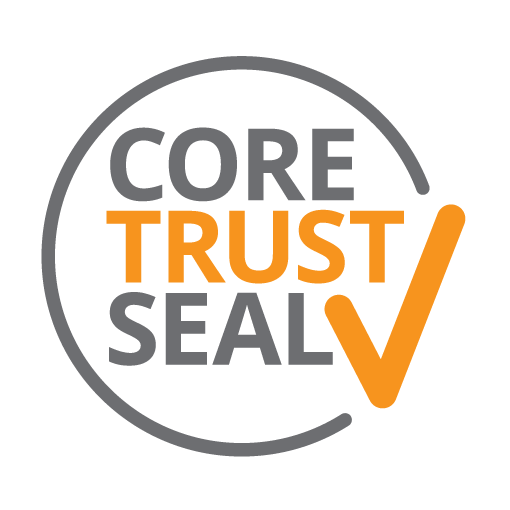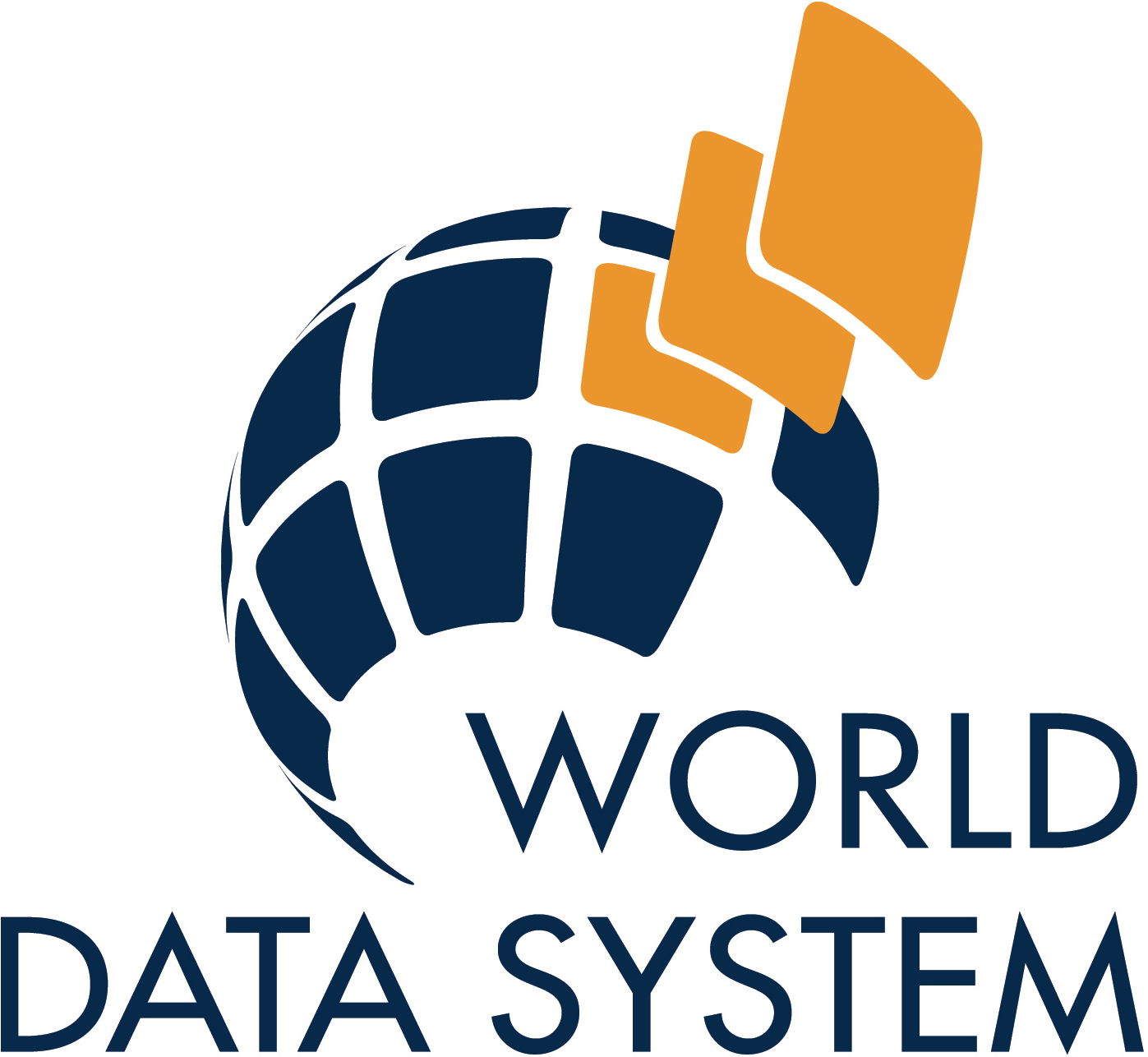
The announcement of the Digital Preservation Coalition (DPC) awards shortlist is always greeted with some excitement the digital community, but this year’s list was particularly well received here as the ADS due to our short listing in the ‘outstanding contribution to digital preservation in the last decade’ category. To be listed in such esteemed company as the International Internet Preservation Consortium, The PREMIS Metadata Working Group and The National Archives is an honour which reflects the hard work being carried out here at the ADS over the last 15 years. At the same time the nomination of subject specific data centre, the only one listed in the 2012 list, should be considered a tribute to the forward thinking attitude in archaeology and heritage management generally which places the discipline at the forefront on digital technology.
The ADS now preserves some 17,000 grey literature reports alongside some 500 data rich digital archives, derived from archaeological research projects and primary fieldwork. These archives represent some of the most important work being done in British archaeology. Over a decade before open access had become the generally recognised aspiration of most digital content providers, the ADS was already carrying it out in practice with data sets that were freely available for download and ripe for reuse. We also recognised that in order to facilitate reuse, digital content had to be discoverable; the development of ArchSeach, our online catalogue which still forms the backbone of our collections, was launched in 1998 and reflected the first tentative steps in this direction. Work through the HEIRPORT (2002), ARENA(2005) and TAG (2011) projects created interoperable gateways for UK, European and Transatlantic cultural heritage data and digital archives. Work within existing infrastructures has seen the ADS become the UK broker of 3D heritage data to CARARE, a Europeana best practice network. Not resting on our laurels our Archaeotools project programmatically analysed and enhanced existing collections using Natural Language Processing allowing us to implement a faceted browse interface that has made ArchSearch more efficient and accurate. We have also looked to enhance our infrastructure further through the use of Open Linked Data as a means to provide access to our online holdings, via the STAR and STELLAR projects.
Although initially focusing on the HE sector, the ADS now offers secure national digital data archiving services for the entire archaeological sector in the UK, and works with other nations in preserving and providing access to their heritage. In addition, we have taken a lead role in the development of appropriate data standards within archaeology and cultural heritage management through its recently revised ‘Guides to Good Practice’. First published in 1999, they provide free online guidance for data creators on a range of data management and archiving issues applicable to a host of archaeological data gathering techniques. These revised Guides, devised in conjunction with Digital Antiquity, help form the building blocks of a preservation policy for colleagues in North America and also include case-studies on specific practice in European countries.
As the recent RIN/JISC survey “Data centres: their use, value and impact” has identified, the ADS has a hugely significant impact on the archaeological and cultural heritage management sector, being welcomed by practitioners within, and outside, the UK. We would like to extend our thanks to all ADS staff, both past and present, who have made the organisation into the success it has proven to be, and what this short-listing illustrates is the depth of impact that this effort has had not only in the archaeological sector, but also within the digital archiving community more broadly.
The winners of the award will be announced on Monday the 3rd of December at the Wellcome Trust in London, we would also like to wish good luck to our fellow nominees.





